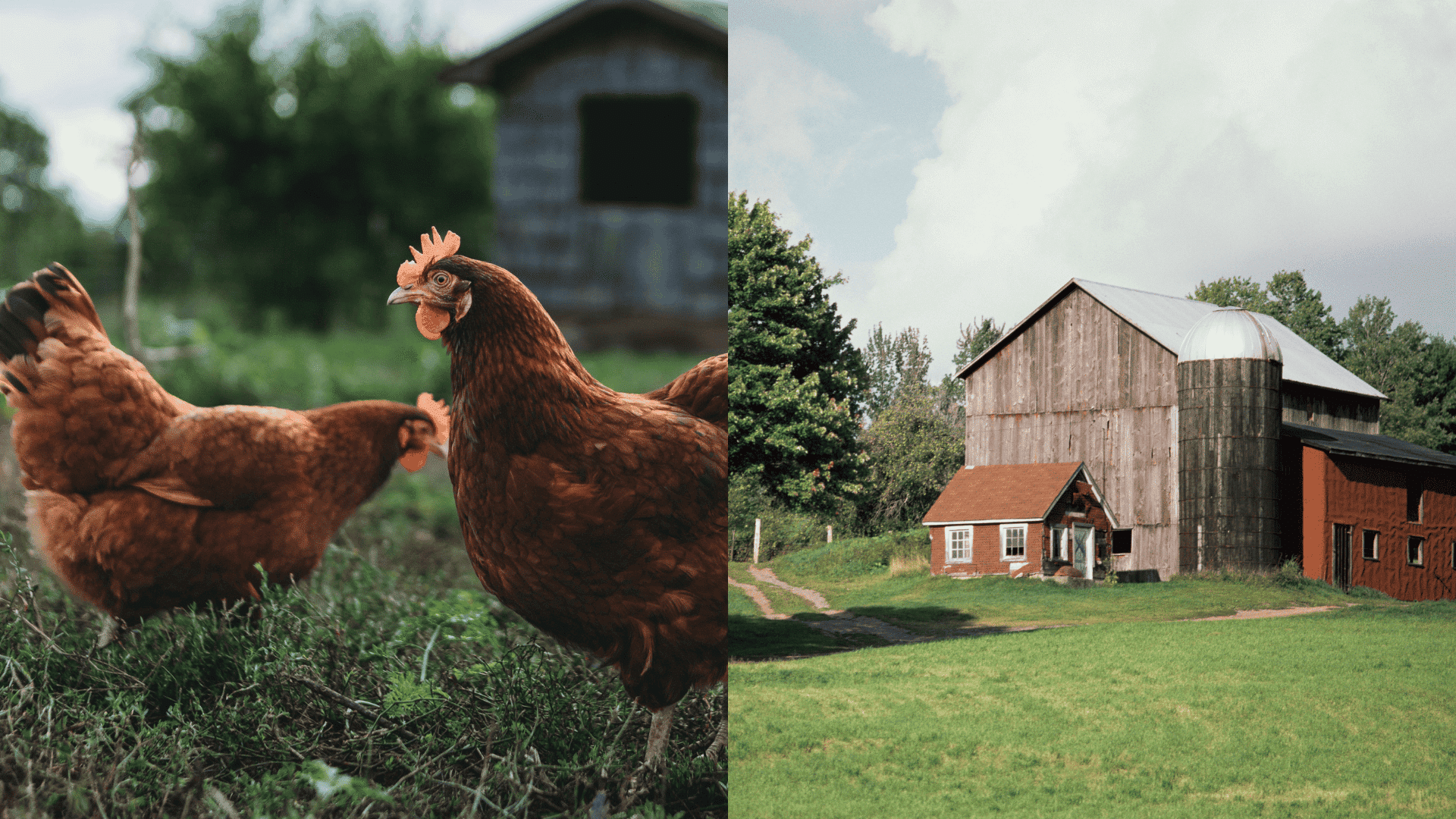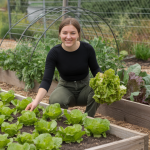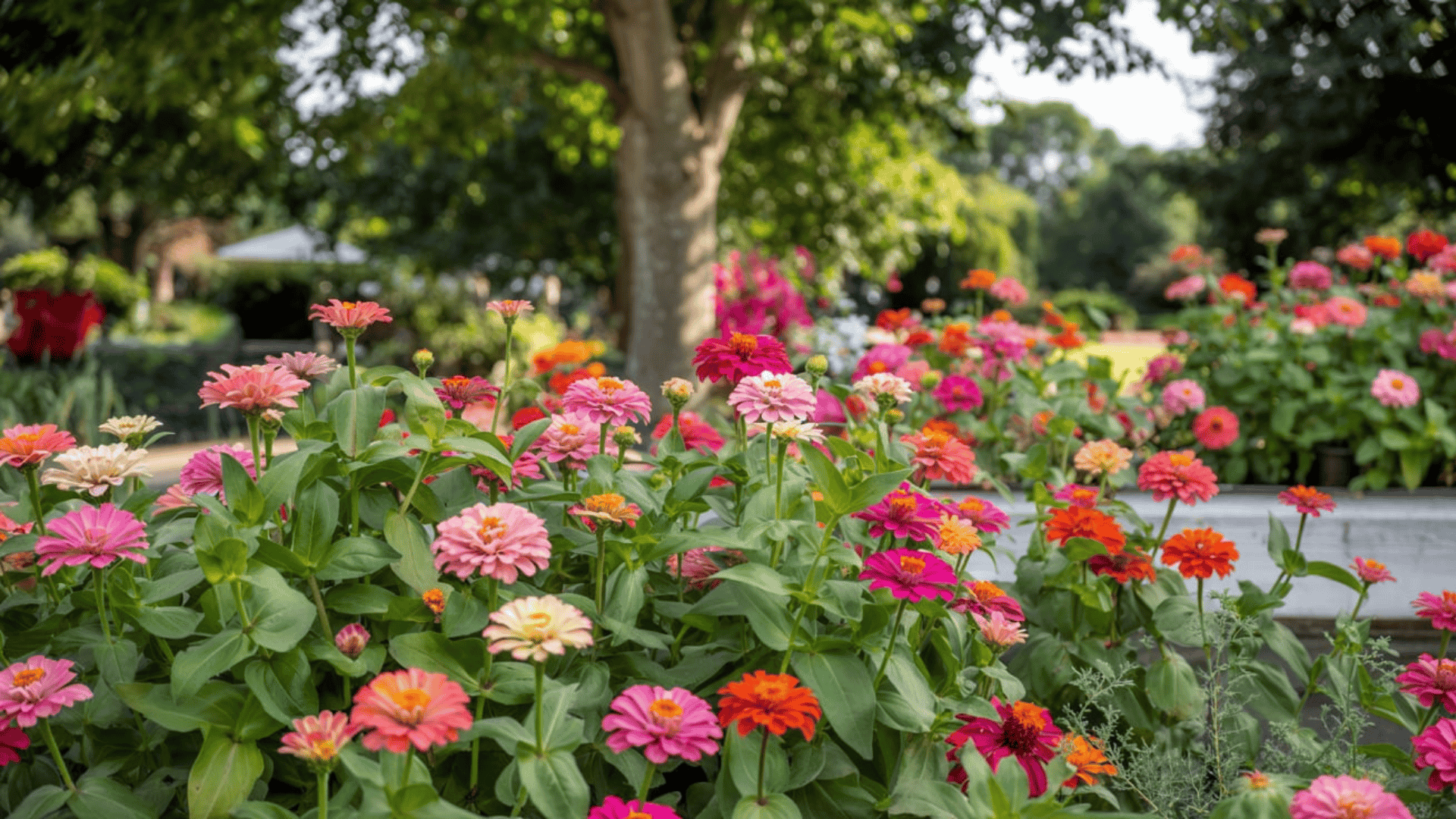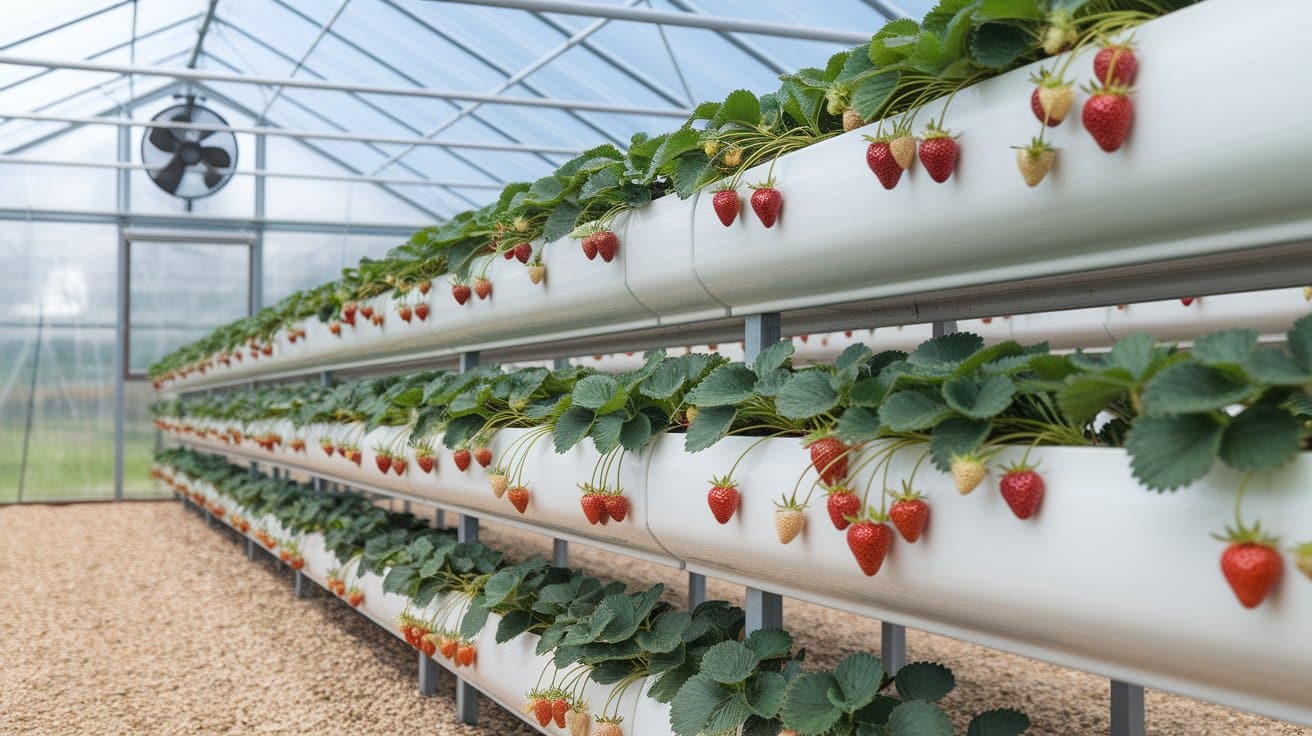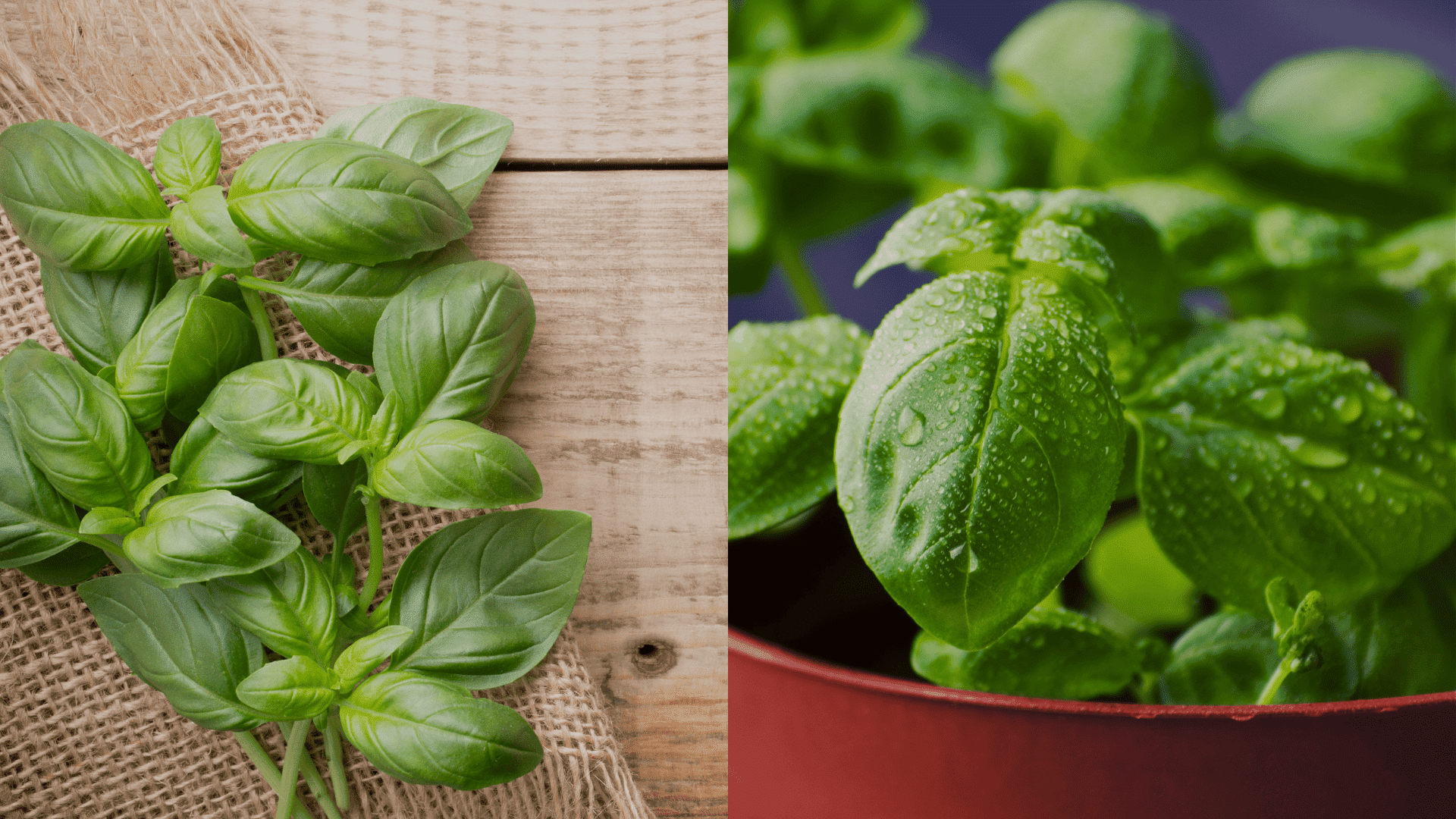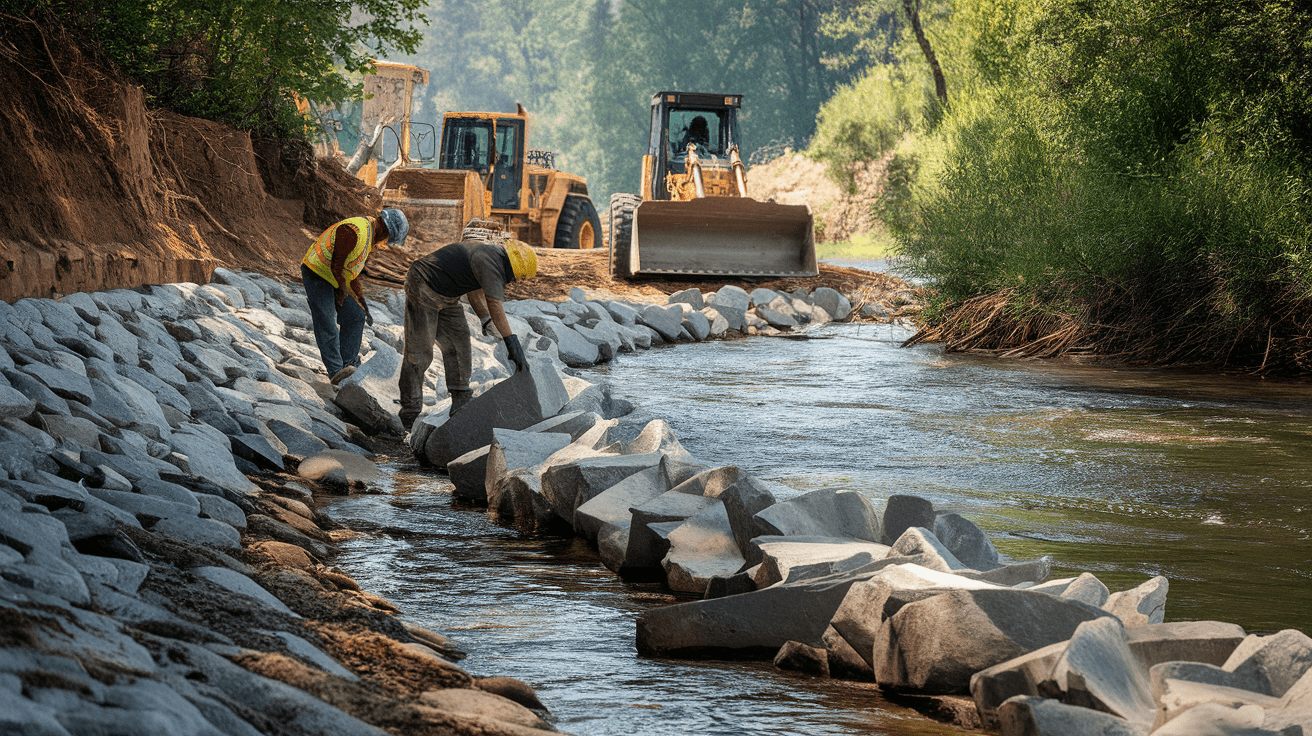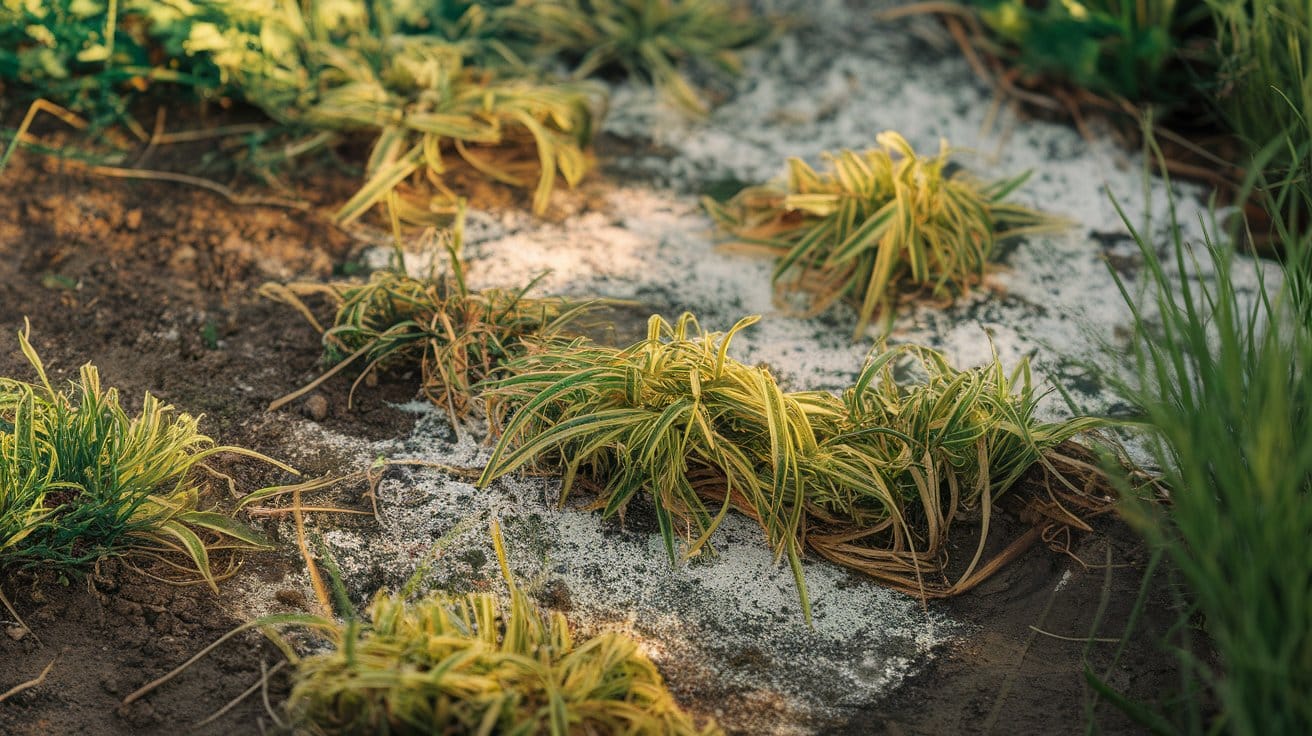Have you been dreaming about owning a small farm where you can raise chickens, grow your own vegetables, and enjoy the peace of rural life?
Finding the right agricultural path isn’t just about land, as it’s about matching your lifestyle, dreams, and practical constraints.
More people today want to reconnect with nature without giving up their careers or moving off the grid.
This blog examines the key differences between hobby farms and homesteads to help you choose the right path for your lifestyle.
You’ll learn about costs, time commitments, and what daily life looks like on each type of farm.
What is a Hobby Farm?
A hobby farm is agricultural land operated for recreation rather than profit.
Owners typically have another income source, like a regular job or retirement savings, allowing them to focus on enjoyable aspects such as raising animals, growing produce, or learning traditional skills.
Now, let’s look at what makes hobby farms unique:
- Size and Scale: Most hobby farms are small, typically under 10 acres, making them manageable for part-time work.
- Primary Purpose: Personal enjoyment and recreation, not profit. People start hobby farms because they love working with animals or growing food.
- Activities: Common activities include gardening, raising chickens or goats, and property maintenance.
|
To help you visualize what a hobby farm looks like, here are some typical scenarios:
|
What is a Homestead?
A homestead is a commitment to self-sufficient living.
Homesteaders produce their own food through year-round gardening and raising livestock, preserve harvests, and often generate renewable energy.
The focus is on independence and reducing reliance on commercial supply chains.
What defines a homestead is:
- Focus on Self-Sufficiency: Provide for your own needs through what you produce on your land.
- Comprehensive Approach: Includes growing food, raising livestock for meat and dairy, preserving harvests, and sometimes generating renewable energy.
- Significant Commitment: Requires substantial time and investment—a full-time lifestyle choice, not a weekend hobby.
|
What homesteading looks like in practice:
|
Key Differences Between a Hobby Farm and a Homestead
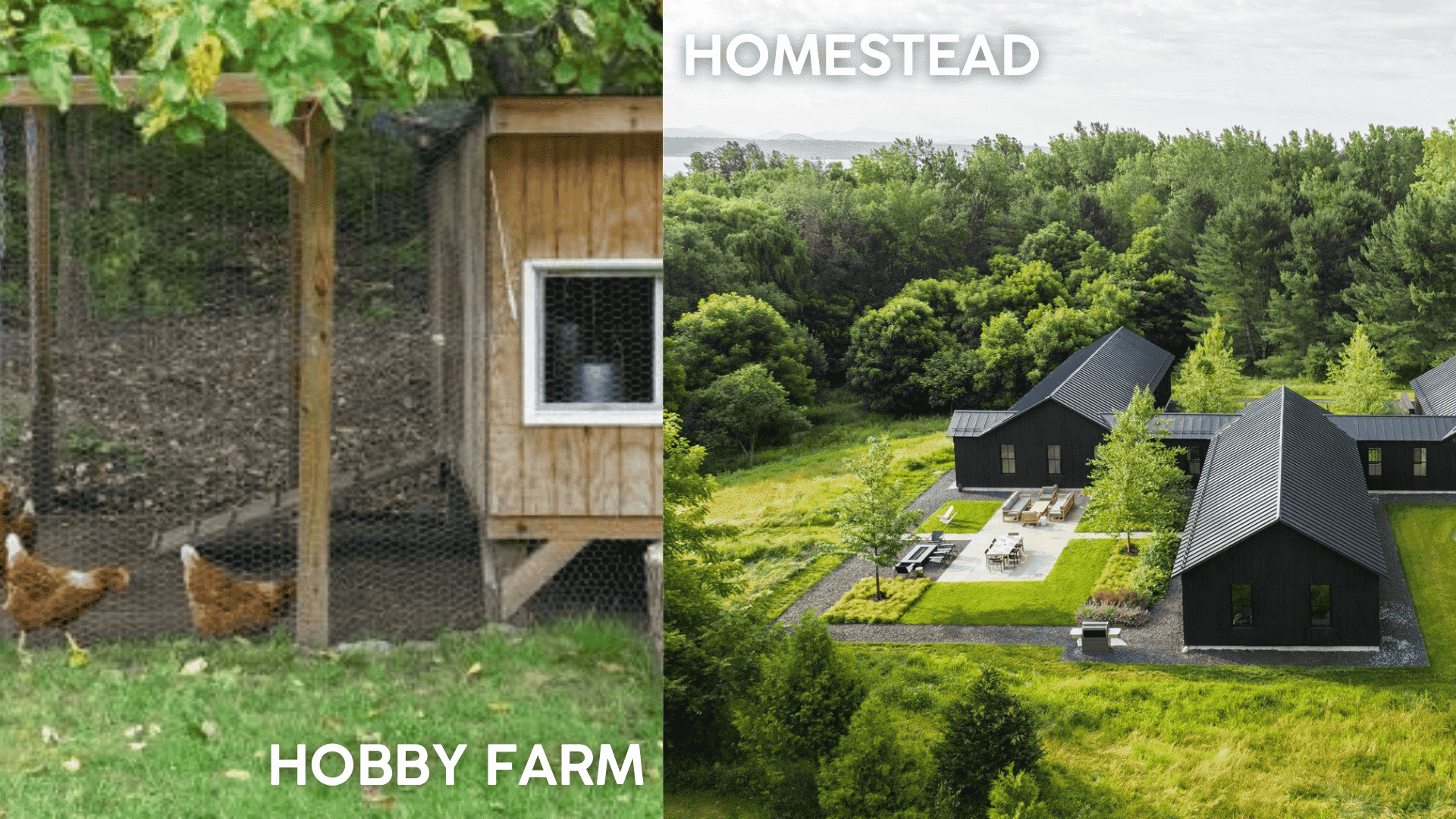
Understanding the distinctions between these two approaches will help you choose the right path.
1. Purpose and Philosophy
Hobby Farm: Personal enjoyment and relaxation, you farm because you love it, not because you need to.
Homestead: Self-sufficiency and sustainability. You’re working to provide for your family’s needs and reduce reliance on external systems.
2. Time Commitment
Hobby Farm: Flexible and part-time. You can work around your regular job. Many hobby farmers maintain full-time careers and farm on weekends.
Homestead: Full-time dedication required. Animals need daily care, gardens require regular attention, and self-sufficient living demands year-round work.
3. Financial Considerations
Hobby Farm: Requires initial investment for land, structures, and animals, but isn’t designed for profit. Most hobby farmers spend more than they earn, viewing it as a lifestyle investment.
Homestead: Many generate income through surplus produce, eggs, meat, or handmade goods to offset costs and improve financial sustainability.
4. Lifestyle
Hobby Farm: Less demanding and suitable for experiencing rural life without major lifestyle changes. You can maintain your career and social commitments.
Homestead: Requires a significant lifestyle change, with daily routines revolving around farm tasks. Social activities and travel may be limited by farm responsibilities.
Pros and Cons of Starting a Hobby Farm
Like any major decision, starting a hobby farm comes with both benefits and challenges.
Understanding these factors will help you make an informed choice about whether hobby farming is right for you.
Advantages
Low-Stress Lifestyle: Hobby farming offers a leisurely pace without the pressure of making your farm profitable. You can enjoy the process without financial stress.
Connection with Nature: Working with soil, plants, and animals provides a rewarding way to reconnect with the natural world. Many people find this deeply satisfying and therapeutic.
Flexible Integration: A hobby farm can complement your existing urban or suburban lifestyle. You don’t have to quit your job or completely change your life to enjoy farming.
Challenges
Limited Financial Return: Don’t expect to make money from a hobby farm. In fact, you’ll likely spend more than you earn, especially in the early years.
Initial and Ongoing Costs: You’ll need money for land, fencing, animal shelters, equipment, and supplies. Ongoing expenses include feed, veterinary care, and maintenance.
Unexpected Challenges: Animals can get sick, crops can fail, and equipment can break. Even on a small scale, farming involves dealing with surprises and setbacks.
Considerations Before Starting a Hobby Farm or Homestead
Before jumping into farm life, it’s important to evaluate several key factors.
Taking time to assess these areas now will help you avoid costly mistakes and set yourself up for success.
Here are the essential considerations to think through:
1. Assess Your Personal Goals
Take time to honestly evaluate what you want to achieve.
Ask yourself:
- Do you want a relaxing hobby or a self-sufficient lifestyle?
- Are you primarily interested in enjoying rural life or in producing your own food?
- How important is making money from your farm?
2. Evaluate Your Time and Resources
Consider these practical factors:
- Time Availability: How many hours per week can you realistically dedicate to farming? Do you have a full-time job that limits your available time?
- Financial Resources: What’s your budget for purchasing land, building structures, and buying animals? Can you afford ongoing expenses like feed and veterinary care?
- Physical Ability: Farming involves physical work. Are you prepared for daily tasks like hauling water, moving feed, and maintaining fences?
3. Understand Legal and Zoning Requirements
Before buying property or bringing animals home, research:
- Local zoning laws about agricultural activities in your area.
- Regulations regarding livestock types and numbers.
- Building permit requirements for barns, coops, and other structures.
- Rules about selling farm products if you plan to generate any income.
4. Plan for Long-Term Sustainability
Think about the future of your farming operation:
- Resource Management: How will you handle water, waste, and soil health over time?
- Environmental Impact: What practices will you use to farm responsibly and protect the land?
- Succession Planning: Who will care for your animals when you’re away or as you age?
Conclusion
Choosing between a hobby farm and a homestead depends on your goals and lifestyle.
Hobby farms offer rural enjoyment with flexibility, while homesteads require full commitment to self-sufficiency.
Your path to rural living starts with understanding your goals, resources, and passion for farming.
Consider your time, budget, and aspirations before deciding.
Ready to start your farming life?
Tell us in the comments if you are leaning toward a hobby farm or homestead.
Share your questions and plans below!
Frequently Asked Questions
How Much Does It Typically Cost to Start a Hobby Farm?
Starting costs range from $5,000 to $20,000 for fencing, animal housing, equipment, and initial livestock (land purchase separate). Monthly expenses typically run $200 to $500 for feed, veterinary care, and supplies.
Do I Need Farming Experience Before Starting a Hobby Farm?
No prior experience is necessary. Many hobby farmers start with zero knowledge. Begin with simple projects like chickens or a garden, then expand. Books, online resources, and local farming communities provide excellent beginner support.
Can I Have a Hobby Farm While Working a Full-Time Job?
Absolutely. Most hobby farmers work full-time. Choose low-maintenance animals like chickens (15-30 minutes daily care) and size your garden to fit your schedule. Save larger tasks for weekends. Avoid high-maintenance livestock like dairy cows.

